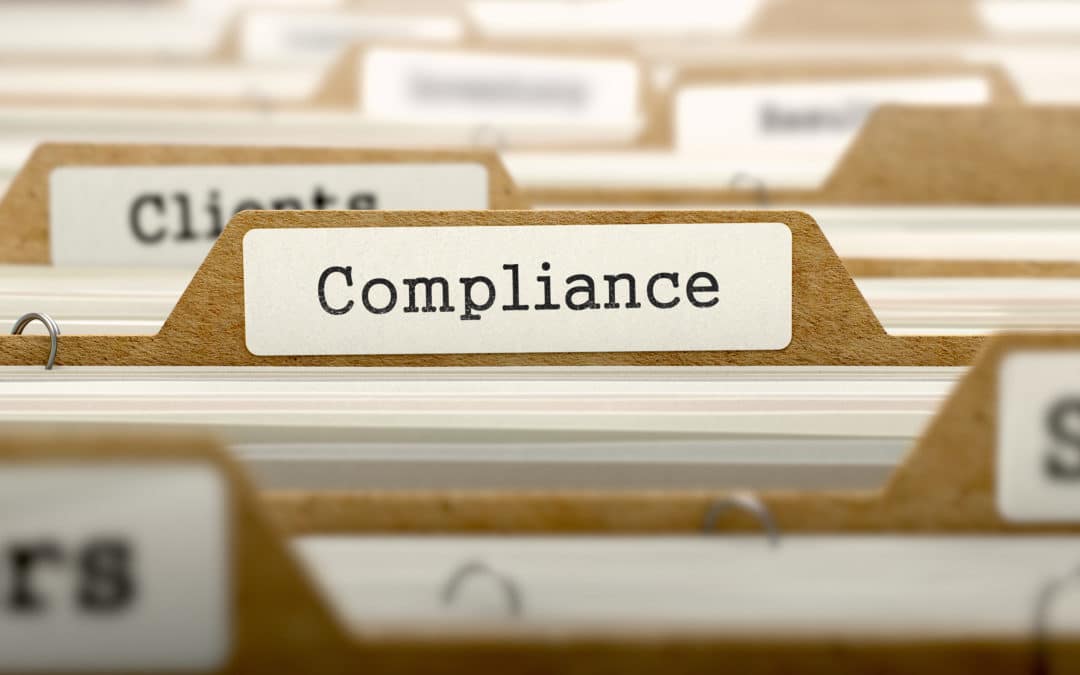
Due Diligence Compliance is no joke!
We have all heard the saying, “the best offense is a good defense”. Your best defense in a due diligence audit is knowing the rules and having the documentation/notes to back it up!

Below is a summary of Preparer Due Diligence Requirements : For a more thorough explanation, click HERE!
- Form 8867 – Complete the Checklist whenever certain items are present on the federal tax return (EITC, CTC, ACTC, AOTC, HOH Filing Status)
- Calculation of Credits – Ensure all worksheets are complete and credits are calculated correctly.
- Knowledge Requirement – Ask questions of your taxpayer and document their responses to demonstrate their qualification for each credit claimed on the return. Sometimes, this is not the most pleasant process and involves asking very personal questions and documenting the taxpayer’s answers. The rule of thumb is the more information, the better! Keep this documentation with the taxpayers file.
- Notes/Documentation Retention – Maintain copies of the above, along with a record of when and how the information was collected. Also, keep a copies of all the documents you reviewed to eligibility for the credits on the return!
Below are some Links to IRS resources to clear out the cob webs before things get rolling again!
Preparer Due Diligence Compliance – This link provides IRS information concerning:
- Refundable Credits being monitored
- Most common EITC “Errors” … What they most commonly fine people for.
- What enforcement actions will the IRS employ
- Educational Resources
- Pretty Legit!
EITC Training Course – It is a good idea have each of your preparers complete this course. Additionally, keep a record/roster of the prepares name, date course was started and record of completion.
May the odds be in your favor!
